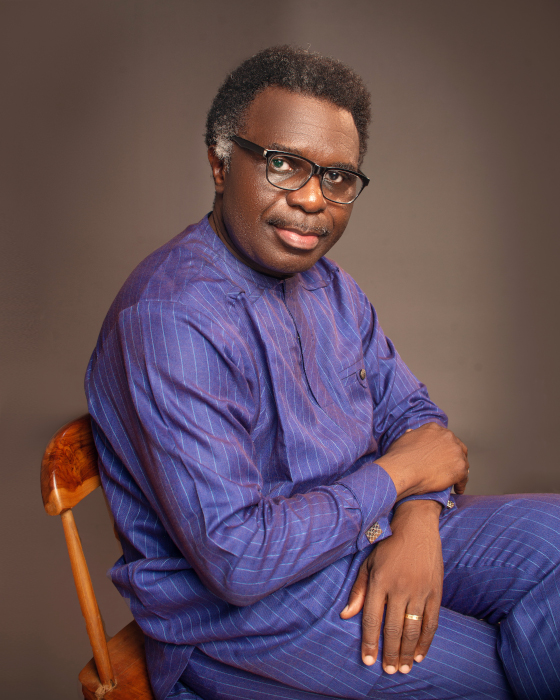Let me respond point by point, setting the record straight with facts and comparisons:
1. Funding: The Heart of the Matter
Top universities in the US and UK do indeed have global reputations, but their achievements rest heavily on massive public funding, contrary to what many think.
Take Harvard University as an example:
In 2020, during President Donald Trump’s administration, there was a backlash against Harvard for receiving $8.6 million (₦13.2 billion at ₦1,535/\$) from the CARES Act, a federal COVID-19 relief fund. Trump threatened to withhold the funds on grounds that Harvard was “wealthy.”
Harvard’s annual federal research funding exceeds $600 million (₦921 billion) — more than the entire federal allocation to all Nigerian federal universities combined, which in 2024 stood at about ₦547 billion for salaries, overhead, and capital combined.
Similarly, *Stanford University received $1.33 billion in sponsored research grants in 2022–2023, mostly from the U.S. government. That’s ₦2.04 trillion, nearly four times Nigeria’s total education budget in 2024 (₦563 billion).
This underscores a major point: Nigerian universities are not failing because of a lack of privatization or mergers, but largely because of chronic underfunding and politicization.
2. Research Output and Environment: A Function of Resources
Yes, top universities produce research innovations. But do Nigerian professors have the same environment?
Compare:
UI, ABU, or UniLag laboratories are often stocked with 1980s-era equipment. Internet access is sporadic. Faculty offices are overcrowded, and power supply is erratic.
In contrast, universities like Columbia and Cambridge offer climate-controlled laboratories, guaranteed 24/7 electricity, cutting-edge computing clusters, high-speed internet, and funded postdoc support staff.
When we talk about “professors owning jets,” let’s separate the myth from reality. A handful of academic entrepreneurs like *Dr. Patrick Soon-Shiong in the U.S., who became a billionaire from medical inventions, are the exception, not the rule. Most American professors live modest, middle-class lives, often relying on research grants and teaching stipends.
3. Administration and the Role of Professors
The idea that “no professor who knows his onions accepts an administrative position” is unfounded. The Provost of Harvard, the President of Princeton, and the Chancellors of UC campuses are often world-renowned professors who accept leadership roles not for wealth but for stewardship.
In Nigeria, many professors avoid such positions because they are politicized and dangerous, requiring strings-attached political patronage. Moreover, administrative roles in Nigeria come with intense scrutiny, low institutional support, and no financial security. Leadership in Nigerian academia is not glamorized but often fraught with risk, frustration, and slander (I know what I am writing about; I live or have lived the experience up to the highest level of university governance).
4. Tuition Fees: Stop the Comparison Games
A full year at Harvard College (not even including graduate school) costs around $82,000 (₦125.8 million) including tuition, room, and board. In contrast, total charges for federal universities in Nigeria, including “charges,” rarely exceed ₦100,000–₦150,000 per session — less than 0.1% of what Harvard students pay.
So when people say, “Let’s make Nigerian universities like global universities,” are they prepared to pay global tuition? Are we prepared to let Nigerian universities charge, for instance, ₦1 million–₦5 million per year to match the resources of their global counterparts?
5. Nigerian Parents and the Cost of Educational Flight
It’s true that Nigerians spend heavily to train their children abroad — estimated over *$2 billion annually (₦3.1 trillion). But the proper response is not to demonize our universities, but to reform and fund them adequately so they become viable options.
6. Conclusion: Reform, Yes. But Informed Reform
There’s no doubt the Nigerian university system needs deep reform. But the problem is not the public nature of its funding, nor a refusal to “merge” or “privatize.” The problem lies in:
* Underfunding,
* Patronage-based appointments,
* Political interference,
* Lack of stable policies, and
* A societal disdain for homegrown excellence.
Let’s call for reform, but with data and humility. Let’s stop idolizing foreign systems while ignoring the fiscal, cultural, and systemic supports they enjoy. Let us reform Nigerian universities based on truth, not tropes.
Postscripts: If we were to replicate the support Harvard gets annually from the U.S. federal government, *each Nigerian federal university would receive more than ₦30 billion yearly in federal research and institutional grants. Instead, most receive under ₦10 billion — for everything.
Let us be fair in judgment and bold in truth. I am dubious that university education is our national priority. As I have often made ASUU angry with me, let me do it again: ASUU has no business going on strike for “lack of adequate funding of federal universities.” As I have published heretofore, I am hands-in-gloves with ASUU in demanding living remuneration for university lecturers, they deserve a great pay. But for ASUU to resist commensurate payment for tuition by students while at the same time expecting the federal government to pay them a decent wage doesn’t sit well with me. Just think of it. A Nigerian professor went from earning about $3,500 a month to just about $500 a month in barely 10 years, a decay rate of 19.46%!
© Shilgba




























